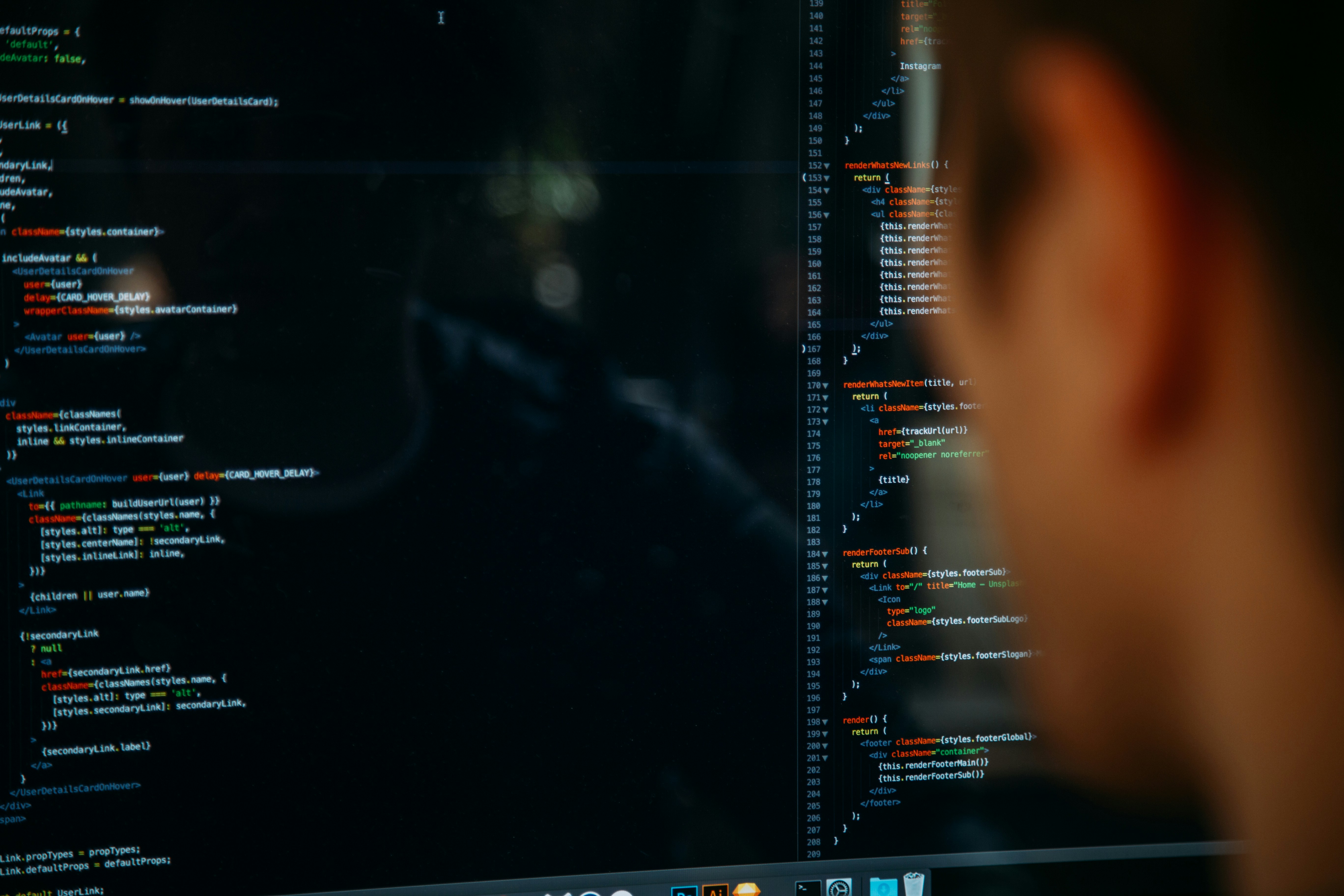· development · 4 min read
The essential guide to writing clean and effective code
Discover the essential development acronyms and principles that can help you write clean, efficient, and scalable code. Learn how to improve your coding skills and become a more effective developer.

As developers, we’re constantly looking for ways to improve our craft and write better code. In this post, we’ll explore some key principles and guidelines that can help you achieve this goal.
First, let’s start with some fundamental acronyms that every developer should know. These include:
- DRY — Don’t Repeat Yourself — a principle that encourages you to avoid duplicating code and logic.
- KISS — Keep it Simple, Stupid — a reminder to keep your code simple and straightforward.
- YAGNI — You Ain’t Gonna Need It — a principle that advises against overcomplicating things and implementing unnecessary features.
- SOLID — a set of principles for designing robust and scalable software.
- TDD — Test-Driven Development — a methodology that involves writing tests before writing code.
- BDD — Behavior-Driven Development — a methodology that focuses on the desired behavior of your code.
- MVP — Minimum Viable Product — a strategy that involves releasing a product with just enough features to satisfy early customers.
- SSOT — Single Source of Truth — a principle that encourages you to maintain a single, authoritative source of data or information.
By embracing these development principles and guidelines, you can significantly enhance the quality and maintainability of your code. Efficient, scalable, and maintainable code is not only easier to understand and modify, but it also reduces the likelihood of errors and bugs, making it a crucial aspect of software development.
To reap the benefits of these principles, it’s essential to understand how to apply them in your daily work. This involves being intentional about your coding practices, prioritizing simplicity, clarity, and testability. By doing so, you’ll be able to stay focused on your project goals and avoid unnecessary complexity. For instance, following the DRY principle can help you avoid duplicating code and reduce the risk of introducing bugs.
One of the most powerful principles for designing robust and scalable software is SOLID. By following the five principles that make up SOLID — Single Responsibility, Open/Closed, Liskov Substitution, Interface Segregation, and Dependency Inversion — you can create code that is modular, flexible, and easy to maintain. This, in turn, makes it easier to add new features, fix bugs, and adapt to changing requirements. By applying SOLID principles, you can write code that is more resilient to change and better equipped to handle the complexities of modern software development.
Moreover, adhering to these principles fosters better collaboration among team members. When everyone is on the same page, it promotes a shared understanding of the codebase and facilitates more effective communication. This, in turn, enables teams to work more efficiently and deliver high-quality code. By adopting a consistent coding style and following established guidelines, you can ensure that your code is readable and maintainable, even as your team grows and evolves.
The benefits of these principles extend beyond just code quality. By incorporating them into your workflow, you’ll be able to tackle complex projects with confidence, deliver high-quality code, and stay ahead of the curve in an ever-evolving technological landscape. For example, using Test-Driven Development (TDD) can help you catch errors early and improve overall code quality. Similarly, following the Single Source of Truth (SSOT) principle can help you maintain a single, authoritative source of data or information, reducing confusion and errors.
As you continue to develop your skills and experience, you’ll find that these principles become second nature. You’ll be able to write code that is not only functional but also maintainable, efficient, and scalable. By continually reflecting on your coding practices and seeking opportunities for improvement, you’ll refine your skills and adapt to new challenges.
Ultimately, writing clean and effective code is an ongoing process that demands dedication, persistence, and a commitment to lifelong learning. By embracing the principles outlined in this post, you’ll be well on your way to becoming a more skilled and effective developer, equipped to tackle the challenges of modern software development and drive innovation in your field. Whether you’re just starting out or have years of experience, there’s always room for improvement, and by following these principles, you can take your coding skills to the next level.